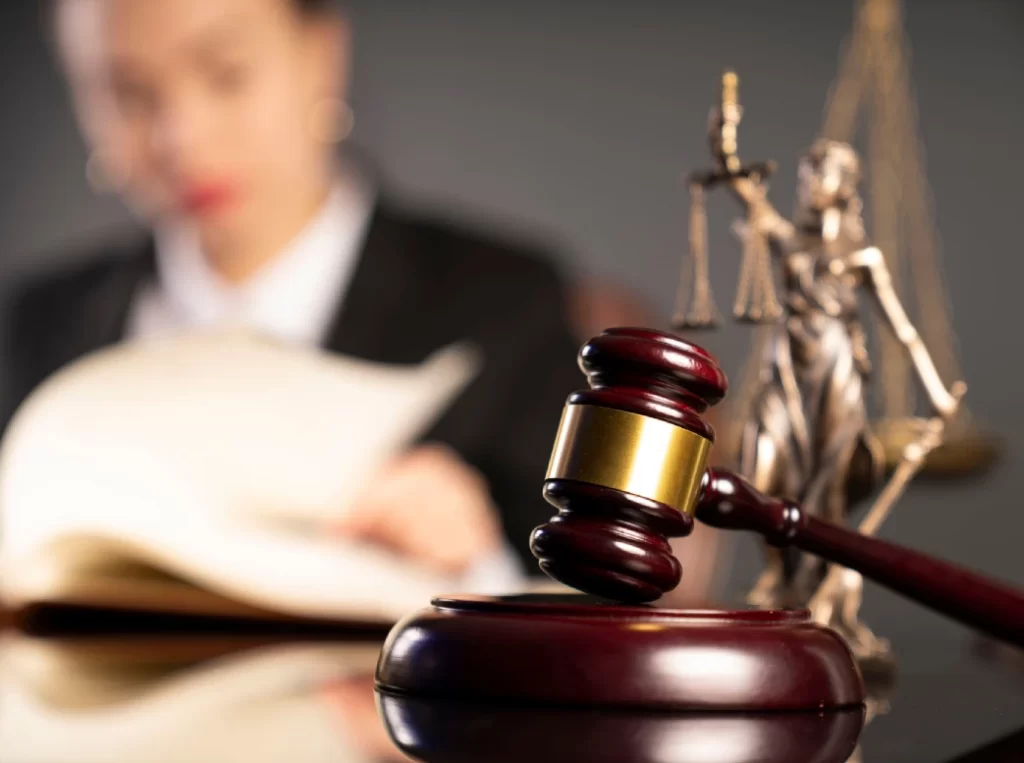Navigating a de facto breakup involves intricate legal considerations, particularly concerning asset division and financial support entitlements. At Kingsford Lawyers, our dedicated …

Separation can be emotionally taxing and frightening. During this time, it is normal to feel conflicted and eager to walk out of the door and leave; however, this may put you in a worse-off position when divorcing your partner or spouse later. Do not act hastily, for there are items in your house that will be valuable in making your life easier when it comes to that next step, and you are going to want to bring them with you.
As part of the divorce process, you will need a copy of your marriage certificate. This process often gets delayed because a party forgets to obtain a copy before they separate and must apply to the Department of Births, Deaths and Marriages to obtain another copy of it. Take a copy so that when filing for divorce after one year of separation, it can be done efficiently.
If you have children make sure to bring a copy of the children’s passports and birth certificates. It is not uncommon for partners to try to take the children by travelling, which can easily be prevented by having a copy. Having a copy means that you can prevent your former partner from travelling with the children without your consent.
When divorcing, the more financial documents that outline the assets, liabilities, and final resources in your name and your former partner’s name, the better. Your lawyer will want to look at these documents to determine the property pool and financial position. This will make sure the advice that you are given is more reliable, and your lawyer can provide proper details regarding an estimation of your property settlement entitlements.
Examples of financial documents are:
Without these documents arguing your property settlement entitlements can become complicated, for your former partner may refuse to negotiate, and any documentation in the name of your former partner may become impossible to access concerning the assets and liabilities in their name after you have separated. Court action can force your former partner to supply the documents legally; however, Court action is costly, and it is only recommended as a last option.
If you have deep pockets, try and put as much furniture and belongings into them as you can. Your partner may very well not let you have access back to the property to retrieve items. If you want to bring your photo albums, dining table or other items, including those with a personal value you wish to keep, then it is recommended to do it quickly. Maybe consider hiring a truck if it won’t fit in your car in one go.
Anything that is left after the separation that you wanted to keep can lead to a dispute, incurring further legal costs and your former partner may argue to keep those items as well which is why it is important not to leave anything that you may want.
Furthermore, these items can be used in a property settlement. Furniture and household contents are considered by the court in terms similar to a garage sale value, even if the items are insured for a higher value. Therefore, it is financially and emotionally beneficial to bring as many items as possible instead of having to barter with your former partner in the future.
If you are suffering from family violence or your former partner refuses to leave, then you may have to leave the family home; however, it is suggested that you remain in the family home if you are able.
It reduces financial pressure, and if you leave the family home, you will not be able to access the property without consent from your former partner, although you will not lose the right to the property as part of the property settlement.
You have decided to separate, yet now you need to devise a strategy on what you need to do and how. The following are a few prompts to get you started:
Navigating a de facto breakup involves intricate legal considerations, particularly concerning asset division and financial support entitlements. At Kingsford Lawyers, our dedicated …
As the holiday season approaches, families come together to celebrate and create lasting memories. For divorced or separated parents, co-parenting during Christmas …
Navigating life post-divorce can be complex, and when it involves children, decisions regarding their well-being require careful consideration, especially when it comes …
55 Hudsons Road, Spotswood VIC 3015
2 Currumburra Road, Ashmore Qld 4214
E-13, UPSIDC, Site-IV, Greater Noida India
343791 York House, Green Lane West,
Preston PR2 1XB



© Copyright 2024 KINGSFORD LAWYERS | ALL RIGHTS RESERVED
Reach out to us, and let’s work together towards a solution that brings you peace of mind and a positive step forward.